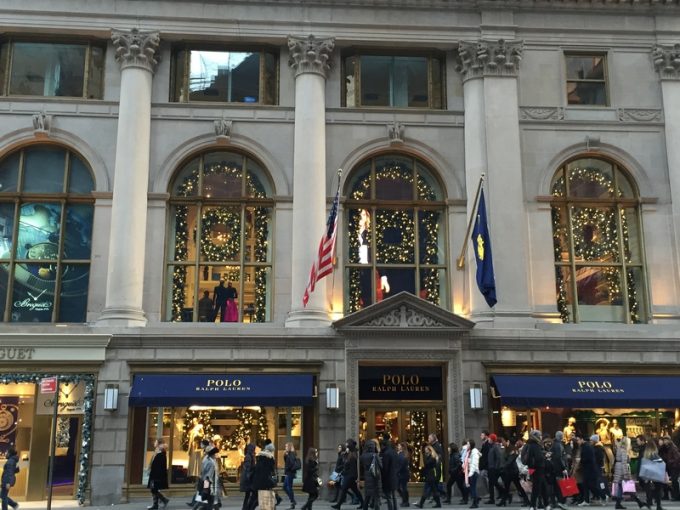FedEx and UPS add 'China fee' ahead of the end of de minimis
In the final weeks before US de minimis exemption for parcels from China ends, UPS ...
WTC: RIDE THE WAVEFDX: TOP EXEC OUTPEP: TOP PERFORMER KO: STEADY YIELD AND KEY APPOINTMENTAAPL: SUPPLIER IPOCHRW: SLIGHTLY DOWNBEAT BUT UPSIDE REMAINSDHL: TOP PRIORITIESDHL: SPECULATIVE OCEAN TRADEDHL: CFO REMARKSPLD: BEATING ESTIMATESPLD: TRADING UPDATEBA: TRUMP TRADE
WTC: RIDE THE WAVEFDX: TOP EXEC OUTPEP: TOP PERFORMER KO: STEADY YIELD AND KEY APPOINTMENTAAPL: SUPPLIER IPOCHRW: SLIGHTLY DOWNBEAT BUT UPSIDE REMAINSDHL: TOP PRIORITIESDHL: SPECULATIVE OCEAN TRADEDHL: CFO REMARKSPLD: BEATING ESTIMATESPLD: TRADING UPDATEBA: TRUMP TRADE

Fascinating long read from The Atlantic on the crisis consuming the US retail market. It is hugely incongruous that in a period in which the US economy is getting stronger – the unemployment rate is among its lowest levels ever, wages have been rising over the past 18 months, particularly in low-paid professions, and fuel prices continue to be low. Yet, already this year there have been nine major retail bankruptcies and nearly a 1,000 store closures. Even Ralph Lauren has announced it is to close its iconic Fifth Avenue store in New York. Yes, e-commerce is a factor, but it also transpires that the retail industry’s problems are as much to do with the overbuilding of malls and a surprising resurgence in the restaurant business, as it is to do with the rise of Amazon.


Comment on this article